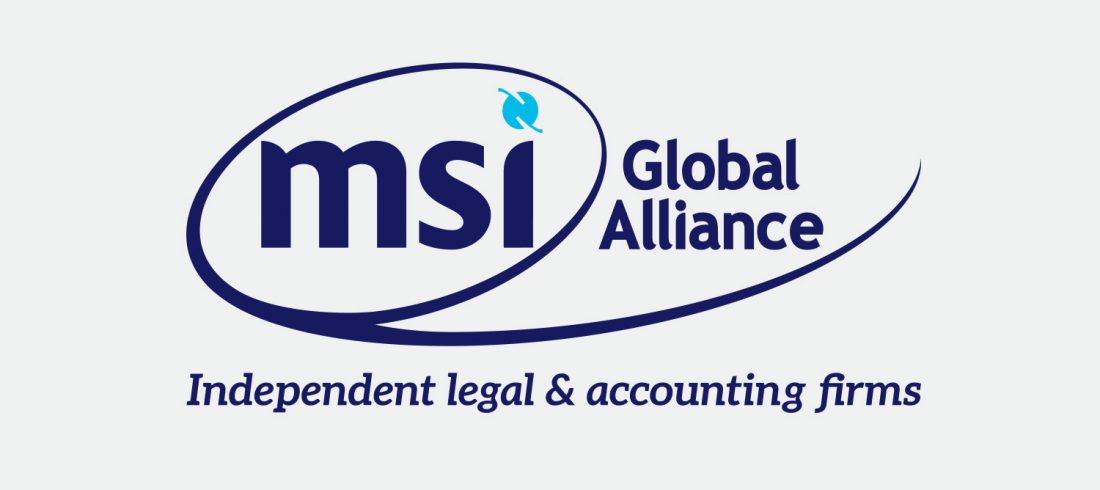
Retrenchment is the termination of an employee or group of employees’ due to operational requirement of the business as provided for under section Sect 38 of Employment and Labour Relations Act, Act No. 6 of 2004, read together with Rule 23, 24 & 25 ELRA (Code of Good Practice) GN. 42/2007).
Employer in Tanzania can retrench on the following grounds:
- Restructuring of the business Mergers and acquisition
- Closing of business
- Financial constraints
- Technological changes
Retrenchment Procedure
The employer is required to do the following when retrenching:
- Give notice of any intention to retrench as soon as it is contemplated;
- Disclose all relevant information on the intended retrenchment for the purpose of proper consultation;
- Consult prior to retrenchment.
Consultation is done as a joint problem-solving exercise so as to reach agreement on matters such as criteria to use in identifying employees to be retrenched, reasons for intended retrenchment, terminal benefits such as severance and other related benefits for terminating employee’s contract, how to avoid or minimize intended retrenchment.
Section 67 of the Act requires consultation to be done with a recognized trade union, any registered trade union with members at the work-place who are not represented by a recognized trade union and any employees who are not represented by the recognized trade union or any registered union.
Where consultation fails to reach mutual agreement, employer is required to refer the matter for mediation before the Commission for Mediation and Arbitration (CMA).
Where mediation fails the dispute shall be referred to an arbitrator for compulsory arbitration. Arbitration should be concluded within a sixty-day period, if arbitration exceeds 60 days the employer can proceed to retrench.
Retrenched employee’s terminal benefits:
- Certificate of service.
- Remuneration for work done before termination.
- Severance pay.
- Repatriation cost to place of recruitment.
- Notice pay.
- Leave accrued but not taken.
Conclusion
Retrenchment process should be fair it must be procedural and substantively fair. Employer must properly keep records of notices, invitation letters, minutes of meetings with employee/trade union, retrenchment agreement, termination letter and all other related documentation used in the process.
Please contact us if you have any comments or questions, so we can advise you further.





